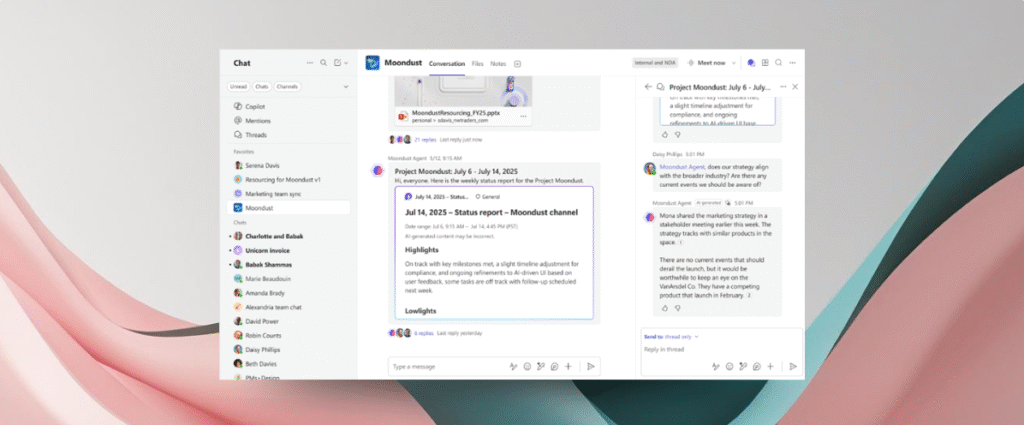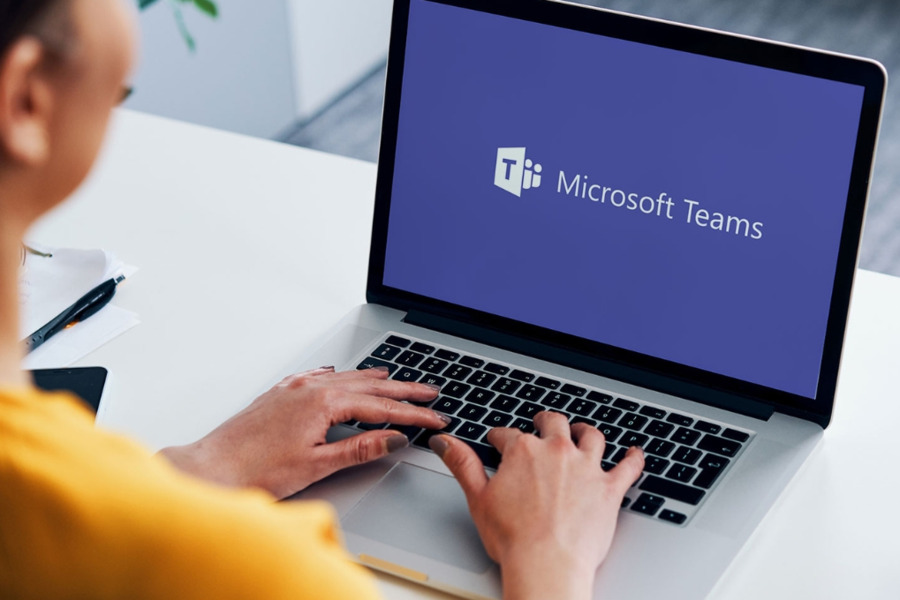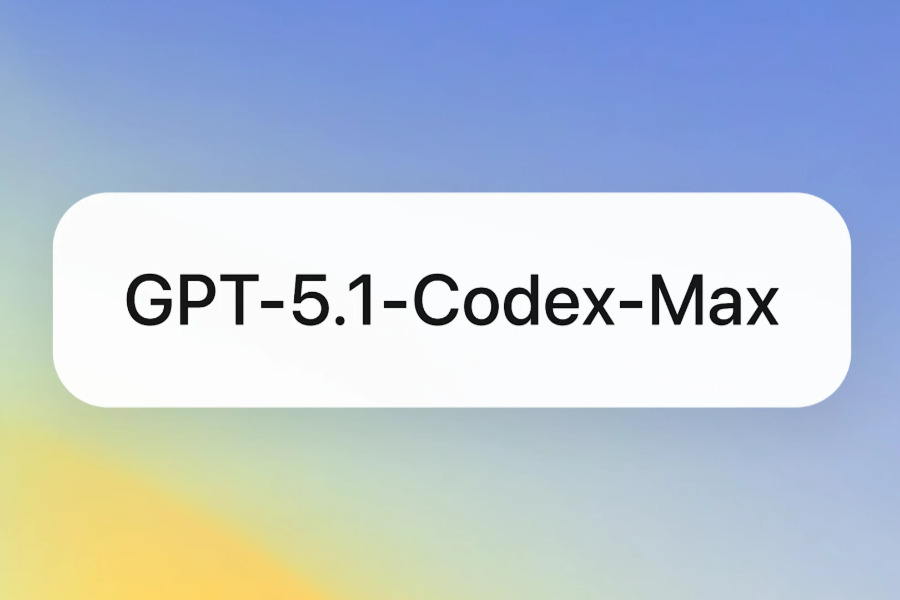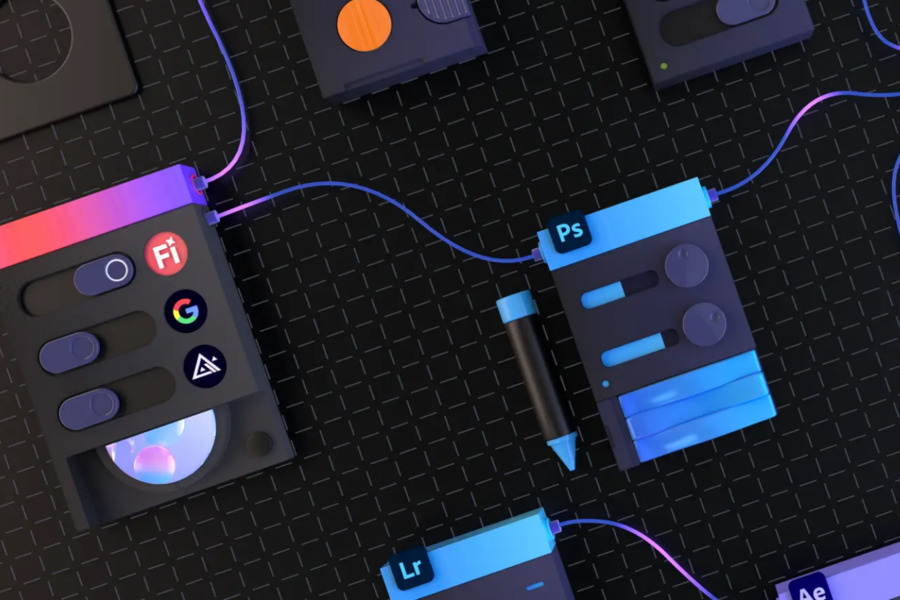Microsoft has officially rolled out the public preview of its latest artificial intelligence assistant, named Channel Agent, for Microsoft Teams. Available across Windows, Mac, iOS, Android, and web platforms, this new AI is engineered to significantly enhance team collaboration by intelligently managing projects and tasks directly within the workflow.
The introduction of the Channel Agent represents a strategic move by Microsoft to embed AI into its ecosystem, aiming to reduce administrative burdens and foster more productive, focused teamwork.
This launch follows a broader industry trend of integrating generative AI into core productivity software, with Microsoft positioning Teams as a central hub for intelligent collaboration.
What is Channel Agent in Teams
The Channel Agent is not a general-purpose AI; it is a specialized digital assistant dedicated to a specific Teams channel. Its core functionality is built upon the context within that channel. By harnessing the collective intelligence from channel conversations, associated Planner boards, and past meeting content, the Channel Agent acts as a knowledgeable expert for the team.

A key feature is its identity: the agent automatically adopts the name of its home channel. It can be invited to participate in channel meetings and group chats, transforming it into an active participant rather than a passive tool. This design makes the Channel Agent a powerful sidekick capable of:
- Generating Comprehensive Reports: It can automatically synthesize channel activity and meeting discussions into structured Loop component reports. This provides teams with a clear, real-time overview of project progress and key decisions, eliminating the need for manual note consolidation.
- Providing Context-Aware Answers: Team members can pose questions directly to the Channel Agent. It will then scour channel history, relevant meeting transcripts, and Planner tasks to deliver precise answers. For broader queries, it can supplement its responses with information gathered from approved web searches.
- Automating Task Management: The AI can proactively identify, capture, and assign action items discussed in conversations or meetings directly into a Planner board. It can also provide status updates on existing tasks, ensuring everyone remains aligned and accountable.
- Streamlining Meeting Scheduling: Users can instruct the Channel Agent to draft the agenda and schedule a channel meeting based on a simple text prompt, significantly simplifying the event planning process.
To maximize accessibility, a Channel Agent is now automatically added to every new channel created, placing this collaborative power at users’ fingertips from the very beginning of a project.
How to Use Channel Agent
Activating and utilizing the Channel Agent is designed to be an intuitive process. For users within a channel, the steps are straightforward:
- Navigate to the channel where you wish to use the agent.
- Click on the “Add people, apps, and bots” menu option.
- From the list, you can confirm the addition of the bot, which will carry the channel’s name, by clicking “Add bots and apps.”
This simple process instantly creates your dedicated channel assistant. Furthermore, the design offers flexibility: an existing Channel Agent can be invited into ongoing conversations or removed as needed using a similar interface. This allows the agent to work efficiently within its primary channel while also being available as a multifunctional support tool in meetings and chats, centralizing information and action items.
Limitations of Channel Agent
While the Channel Agent offers a compelling suite of features, it is important to note its current limitations within the public preview. Understanding these constraints helps set realistic expectations for teams:
- Channel-Exclusive Operation: The assistant is confined to its designated channel. It cannot be used in private one-on-one chats or outside its specific team environment, which may limit its utility for cross-channel initiatives.
- Restricted Meeting Access: The agent’s participation in meetings is contingent on the meeting chat history settings. It can only join meetings where the chat is enabled for all members. Additionally, the meeting organizer’s permission settings take precedence, meaning the agent’s access can be restricted.
- Microsoft 365 Copilot Dependency: To unlock the full potential of the Channel Agent, including the ability to initiate actions and generate comprehensive summaries, users require a Microsoft 365 Copilot subscription. It is crucial to clarify that without this license, users can still view the responses and content generated by the agent when prompted by a subscribed teammate, but their interaction will be limited.
Final Words on Channel Agent
The launch of the Channel Agent marks a significant evolution in Microsoft’s mission to seamlessly integrate AI into the fabric of daily work. By automating routine tasks like note-taking, task tracking, and meeting summarization, this assistant allows teams to redirect their energy toward strategic discussion and meaningful collaboration.
As AI technology continues to mature, tools like the Channel Agent are poised to become indispensable components of the modern digital workplace. They promise to redefine team dynamics by offloading administrative overhead and surfacing critical insights directly from workplace conversations.
For organizations seeking to optimize their workflows and harness the power of contextual AI, the Channel Agent in Microsoft Teams presents a promising and powerful tool worth exploring during its public preview phase.
Read More: Microsoft Open-Sources VibeVoice-1.5B



